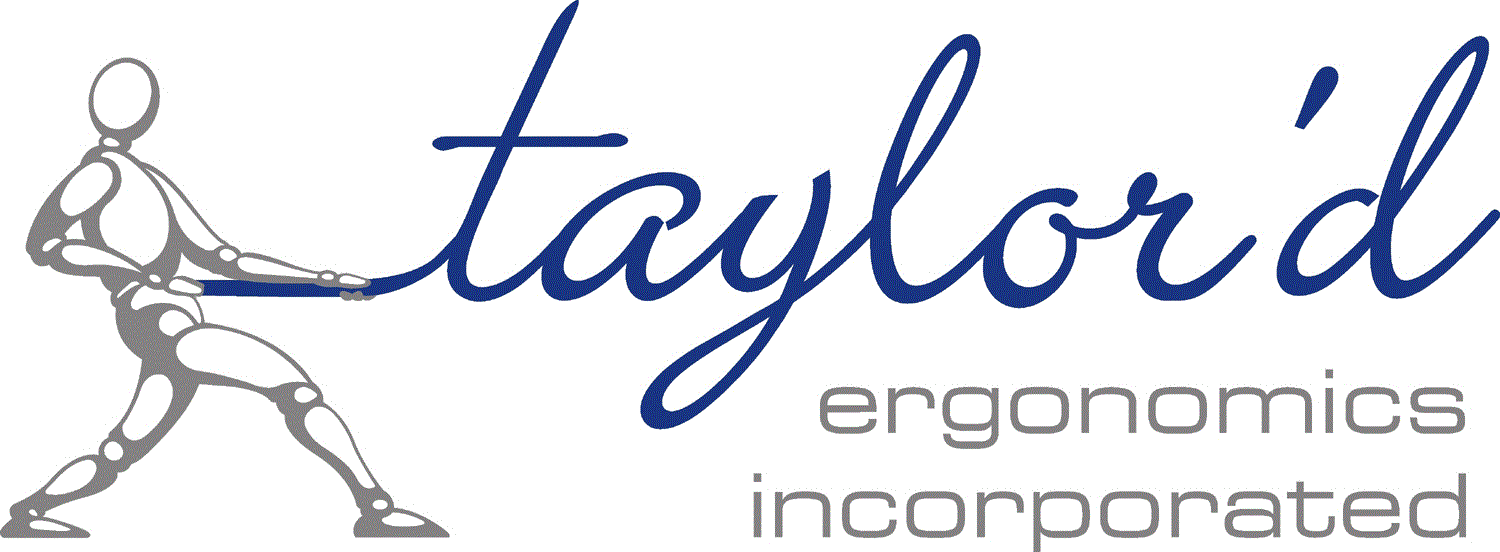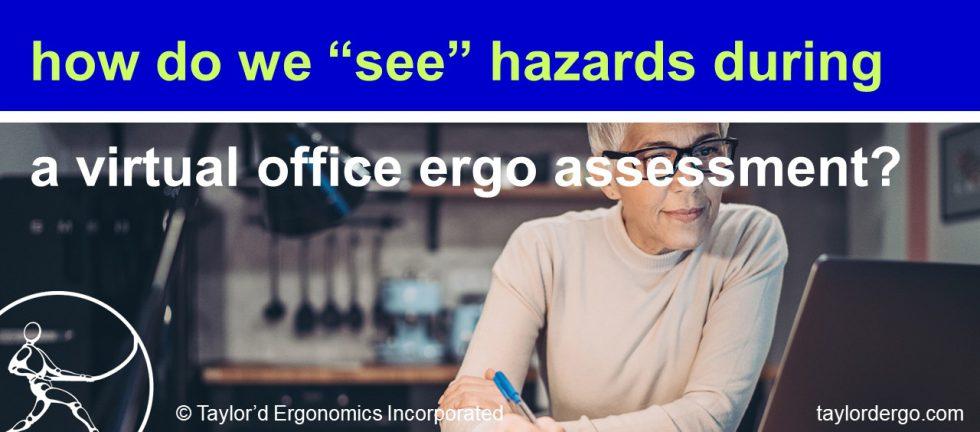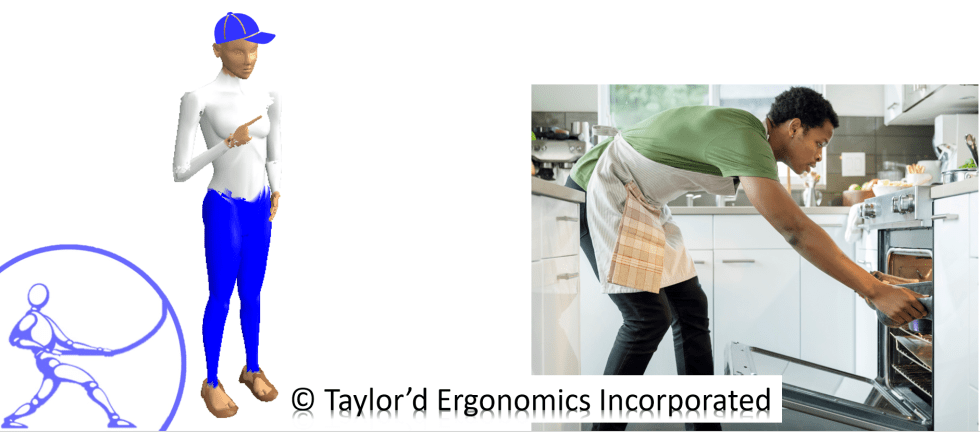Motion capture technology – Does it work?
Many of us in the ergonomics world have been watching motion capture technology for years. Clients and ergonomists are excited about recent advances that allow us to gather information using just a phone video camera. Is it too good to be true? Let’s take a step back and look at the history, before we consider the current […]









